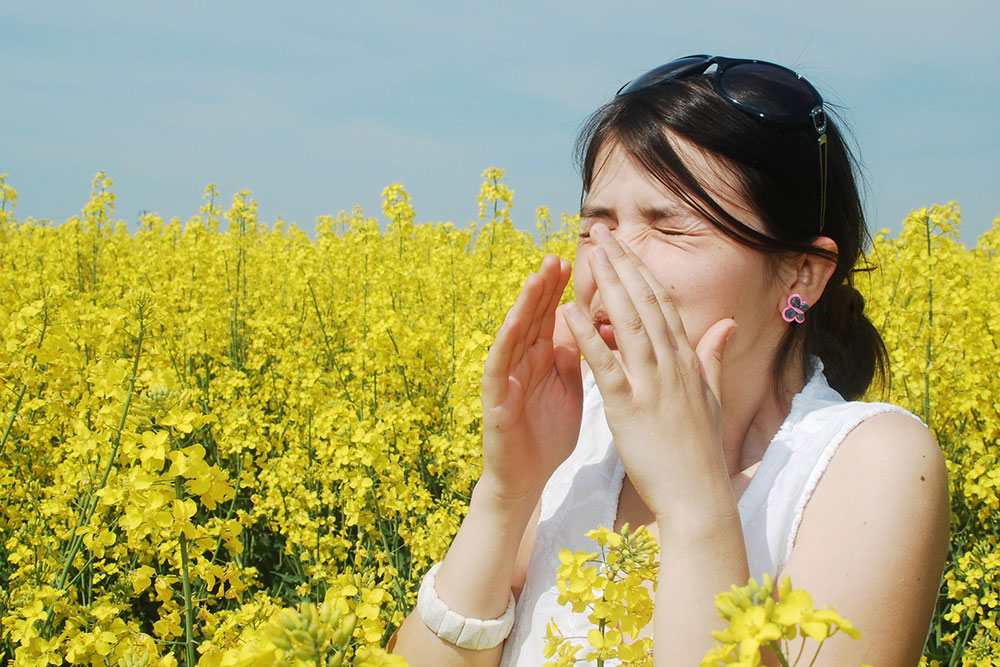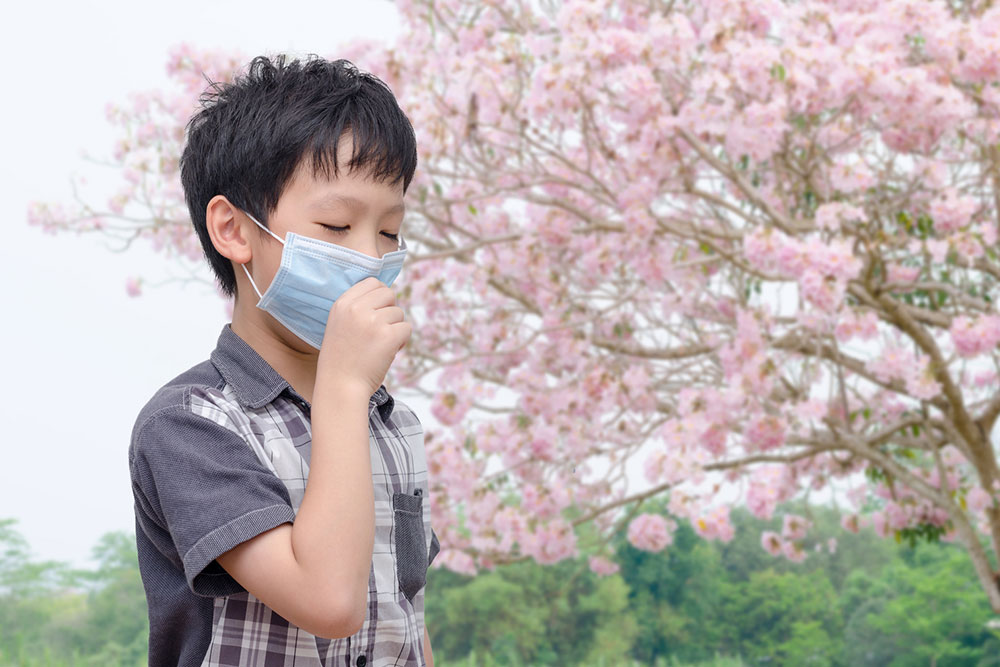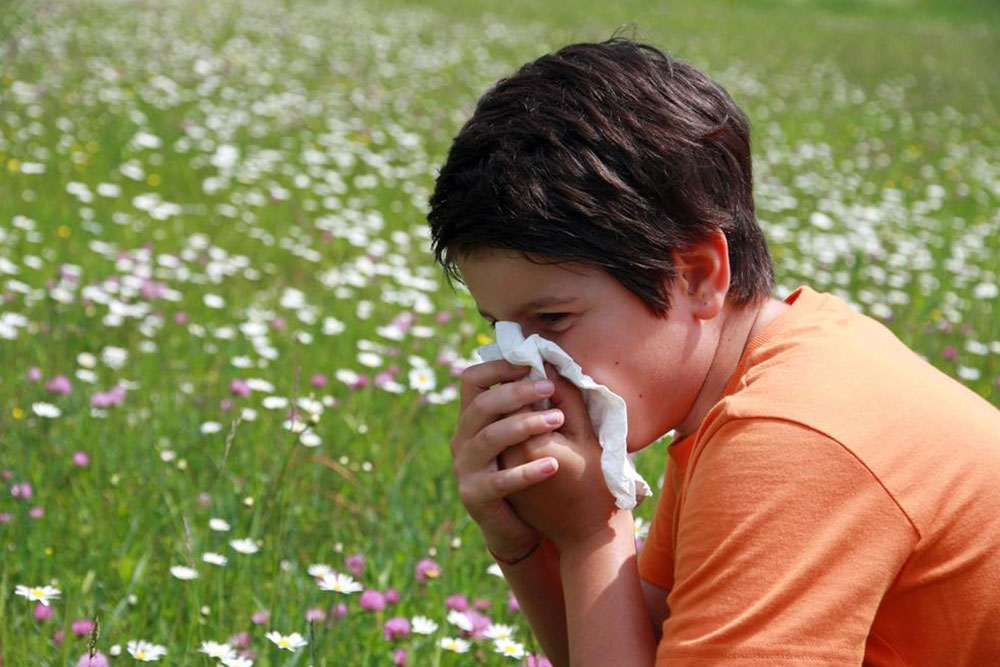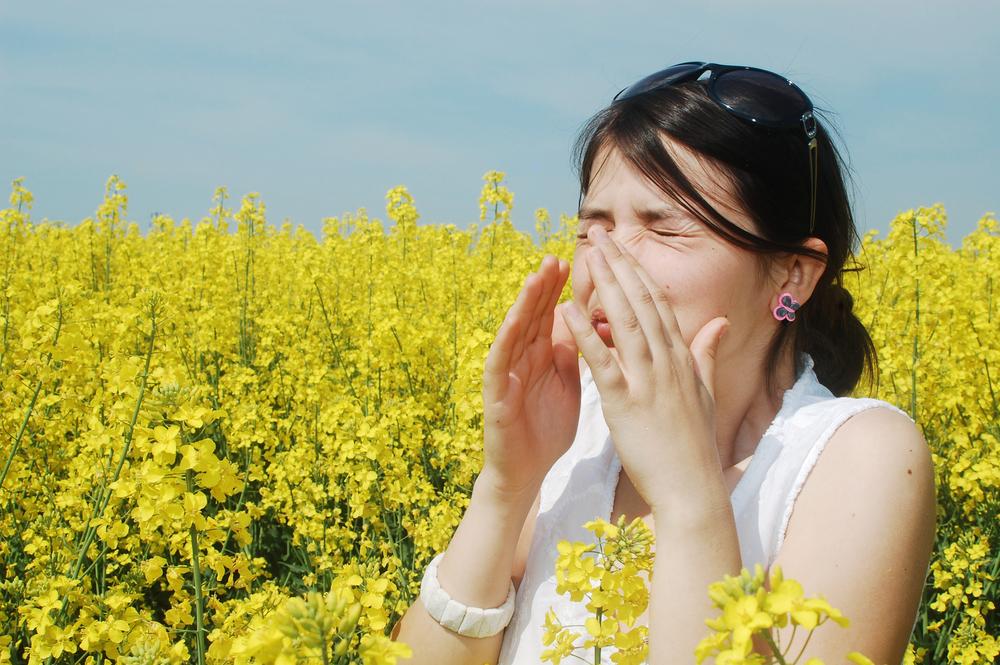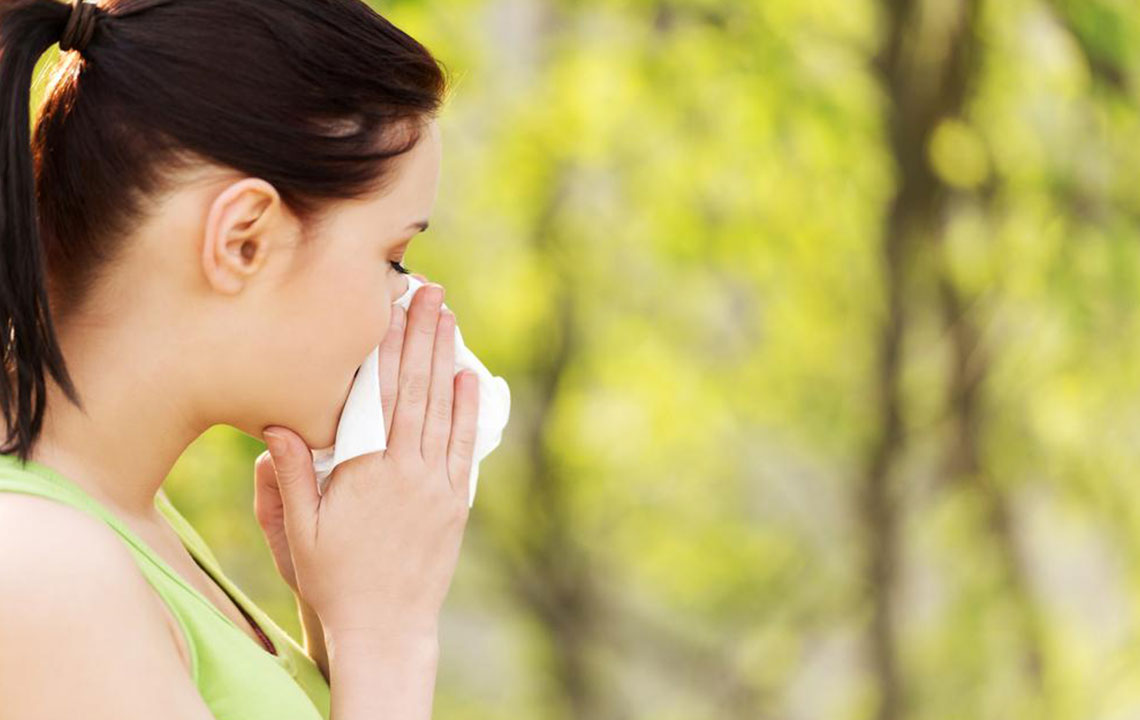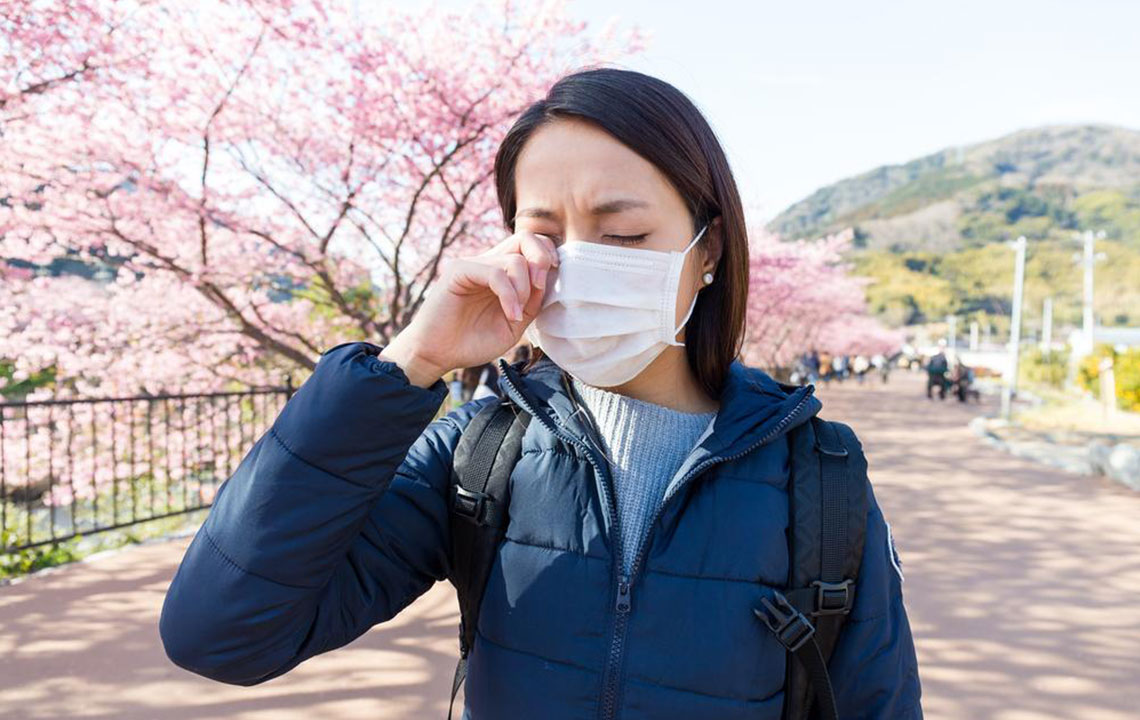Comprehensive Guide to Managing Pollen Allergies
Learn everything about pollen allergies, including symptoms, diagnosis, prevention, and treatment options. This guide covers natural remedies, medications, and lifestyle tips to help you manage seasonal and year-round pollen allergy symptoms effectively. Early diagnosis and proper care can improve quality of life despite pollen exposure. Stay informed and take control of your health with our comprehensive pollen allergy management strategies.
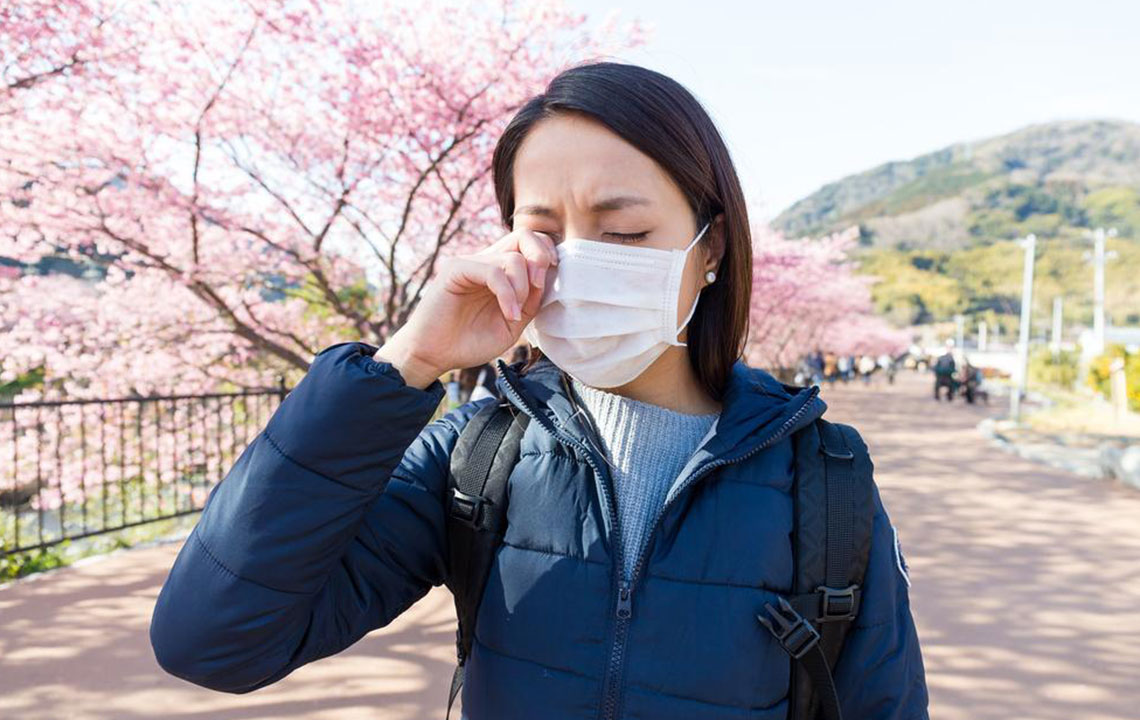
Understanding and Managing Pollen Allergies
Pollen allergy is a widespread allergic condition in the United States, impacting approximately 30% of adults and 40% of children. Pollen is a fine powder produced by grasses, weeds, and flowering plants for reproduction. Many individuals develop adverse immune responses upon inhaling pollen, leading to allergy symptoms.
The immune system's role is to defend against harmful invaders like bacteria and viruses. In those allergic to pollen, the immune system mistakenly identifies pollen as a dangerous threat and releases chemicals to combat it, resulting in allergic reactions.
This immune response causes classic pollen allergy symptoms such as nasal congestion, sneezing, and watery eyes. Some individuals experience year-round symptoms, while others face seasonal flare-ups, like during spring or fall when specific plants bloom. Recognizing these symptoms early is key to managing the condition effectively.
Signs to Watch For
If you are sensitive to pollen and breathe in high pollen levels, you may notice the following symptoms:
Nasal congestion
Sneezing
Runny nose
Watery eyes
Itchy throat and eyes
Wheezing
Asthma-like episodes
Coughing
Sinus pressure and facial pain
Scratchy throat
Swollen skin with discoloration
Reduced taste or smell
Consult a Specialist
An experienced doctor can diagnose pollen allergies and may refer you to an allergist for testing. Medical history and symptom details help determine the allergy. Skin prick tests may be performed by introducing small allergen amounts into the skin to observe reactions like redness or swelling.
Preventive Measures
Since avoiding pollen entirely is difficult, managing exposure is crucial. Strategies include staying indoors during dry, windy weather, avoiding yard work during peak pollen seasons, wearing masks when pollen levels are high, and keeping windows and doors closed.
Medical Treatments
For persistent symptoms, medications such as antihistamines (loratadine, diphenhydramine), decongestants (oxymetazoline, pseudoephedrine), or combinations may be recommended. Allergy immunotherapy (shots) can be effective for severe cases, helping the immune system adapt to allergens over time, often reducing symptoms within a few years.
Home Remedies
Several natural remedies can alleviate pollen allergy symptoms. Using a neti pot to rinse nasal passages, incorporating herbal supplements like spirulina or butterbur, washing outdoor clothes before bringing them inside, drying clothes indoors, and employing high-quality air filters or dehumidifiers can provide relief.
Final Thoughts
Managing pollen allergies involves medical treatment and lifestyle adjustments. Proper diagnosis and early intervention can significantly reduce discomfort. With the right approach, it is possible to control symptoms and improve quality of life despite pollen exposure.

